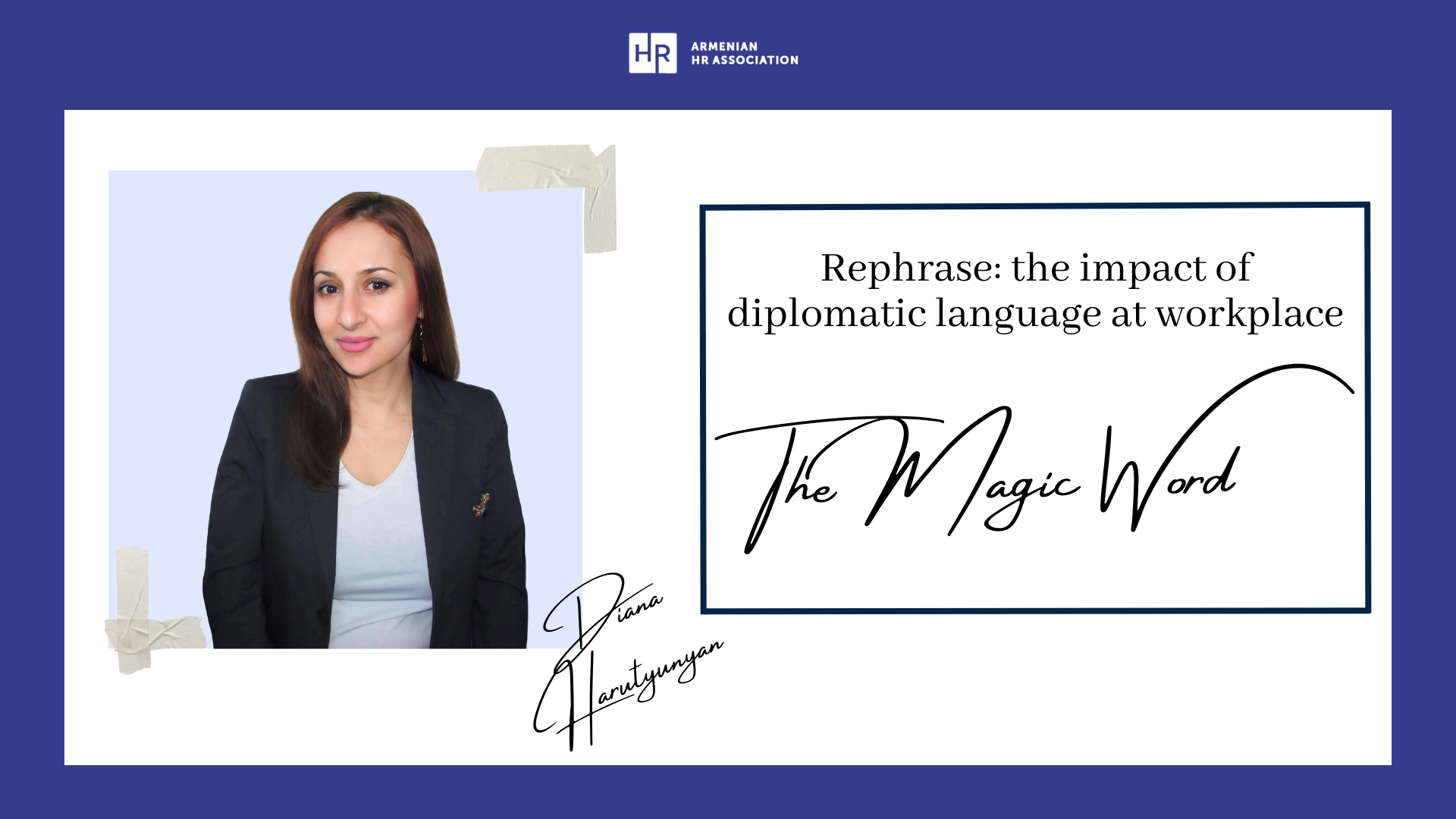- August 29, 2025
- Posted by: Admin HRCommunity
- Category: Blog


Why do we need to rephrase? Why it is starting to be critically important specially at workplace? Aside from being straight and speak out with our reactions instantly, I suggest to think twice in the real-time communication and formulate the same idea – but more diplomatically this time. This article with join together a set of practical tips to apply.
Workplace communication tip
When communicating with stakeholders with maximum efficiency we need to keep in mind to these 3 points practiced jointly:
- deliver our point,
- remain polite all way through
- get things done the way we expect
Avoiding “finger pointing”
When addressing, after a rational recommendation to switch the vector from “you” to your own direction you come across an instant effect:
- the stakeholder does not feel irritation
- the stakeholder understands what they need to do/clarify/offer…
The art of disagreeing
This article advises demonstrating being comprehensive even when you disagree. How come?
The reality is that most often the first ever word or phrase you start with ensures the mood of the entire conversation’s process and I would say even outcome.
The effect of using positive words
Especially at work environment you can say what you intend the same, only formulate the idea with positive words, literally switching “bad” to “not good”.
Apply the logic of shifting negative statements, most often people who hear the word ‘unhappy’ in a sentence, do not concentrate on the general meaning and the so called ‘homework’ they have to do in the context.
The magic word
So what do you think is the MAGIC word? Start out with “sorry”, even though it’s none of your fault obviously and you are not sorry. Go with this sly word.
The impact of softeners
What is also recommended to formulate diplomatic expressions at work is using softener words. The softeners are like butter on your bread- they add a layer, but they pass your idea delivery more smoothly. Yes, the Butter adds volume, in this case this is justified as sometimes SHORT is SHARP. Softeners often are added to demonstrate more filtered details.
The art of asking.
They say a smartly formulated request leads a shortcut to the solution you want to get.
When you formulate a request, hint the direction you would like the problem to be solved, very diplomatically implying how to go with the route that you prefer.
Last, but not the least: some rules to remember:
- Asking talking without blaming should be a golden rule in communications.
- When handling complaints do not forget to show compassion and understanding
- Reject help without concentration on rejection, it will be a polite way of setting boundaries as a side effect.
- Switch rejection to an offer (why not?!) HRs know perfectly how to do it.
Article Author: Diana Harutyunyan
DisruptHR Yerevan 2025
